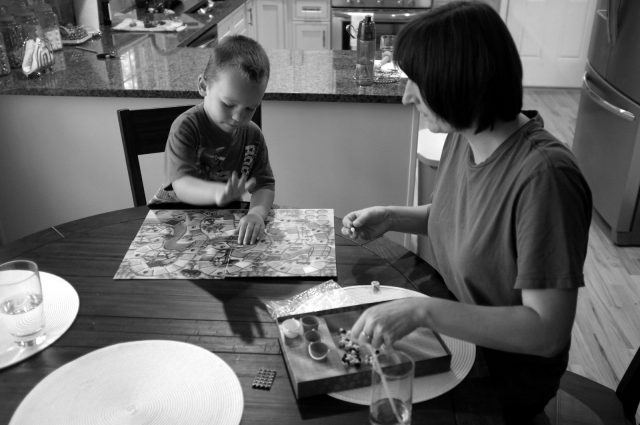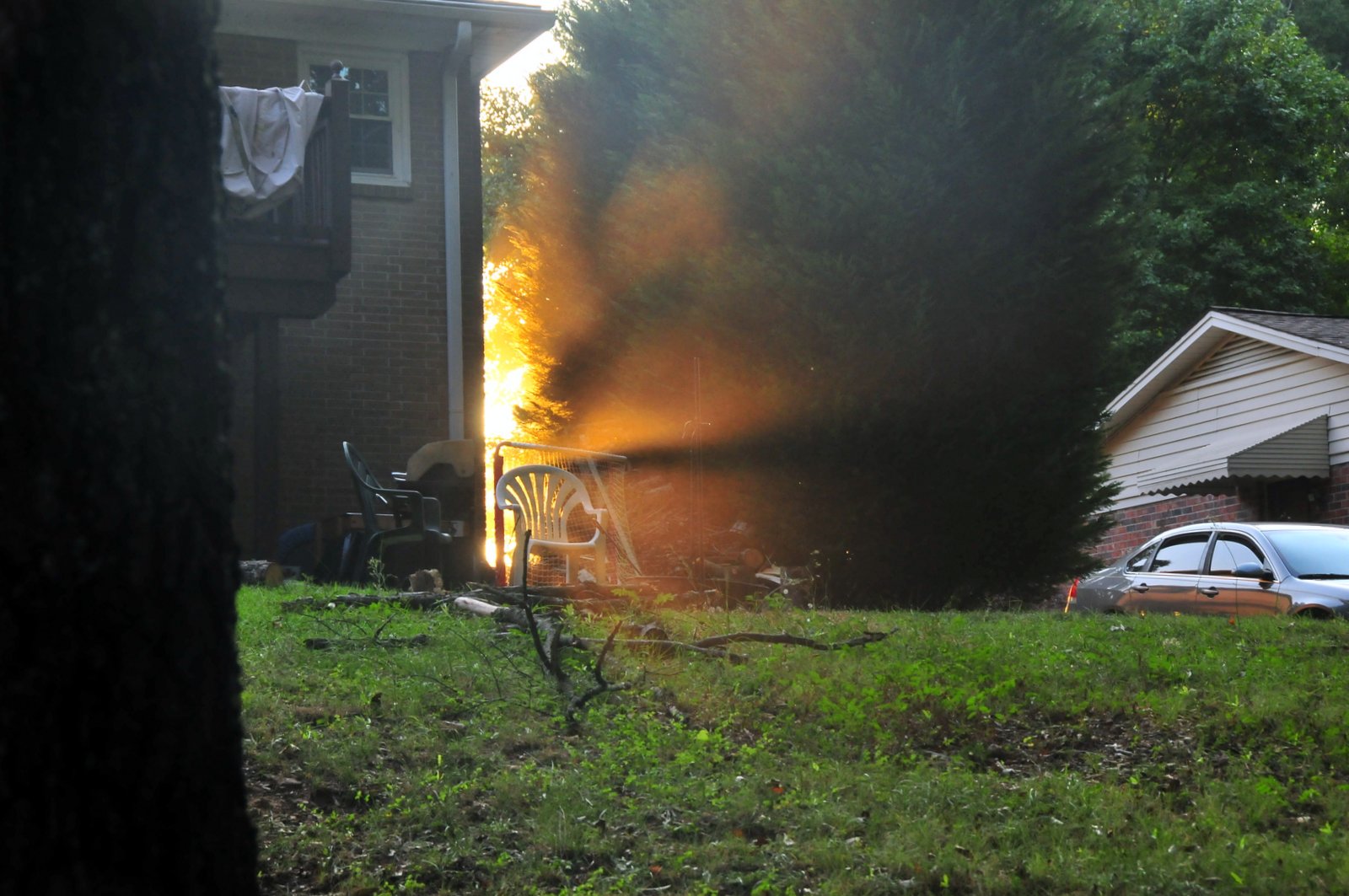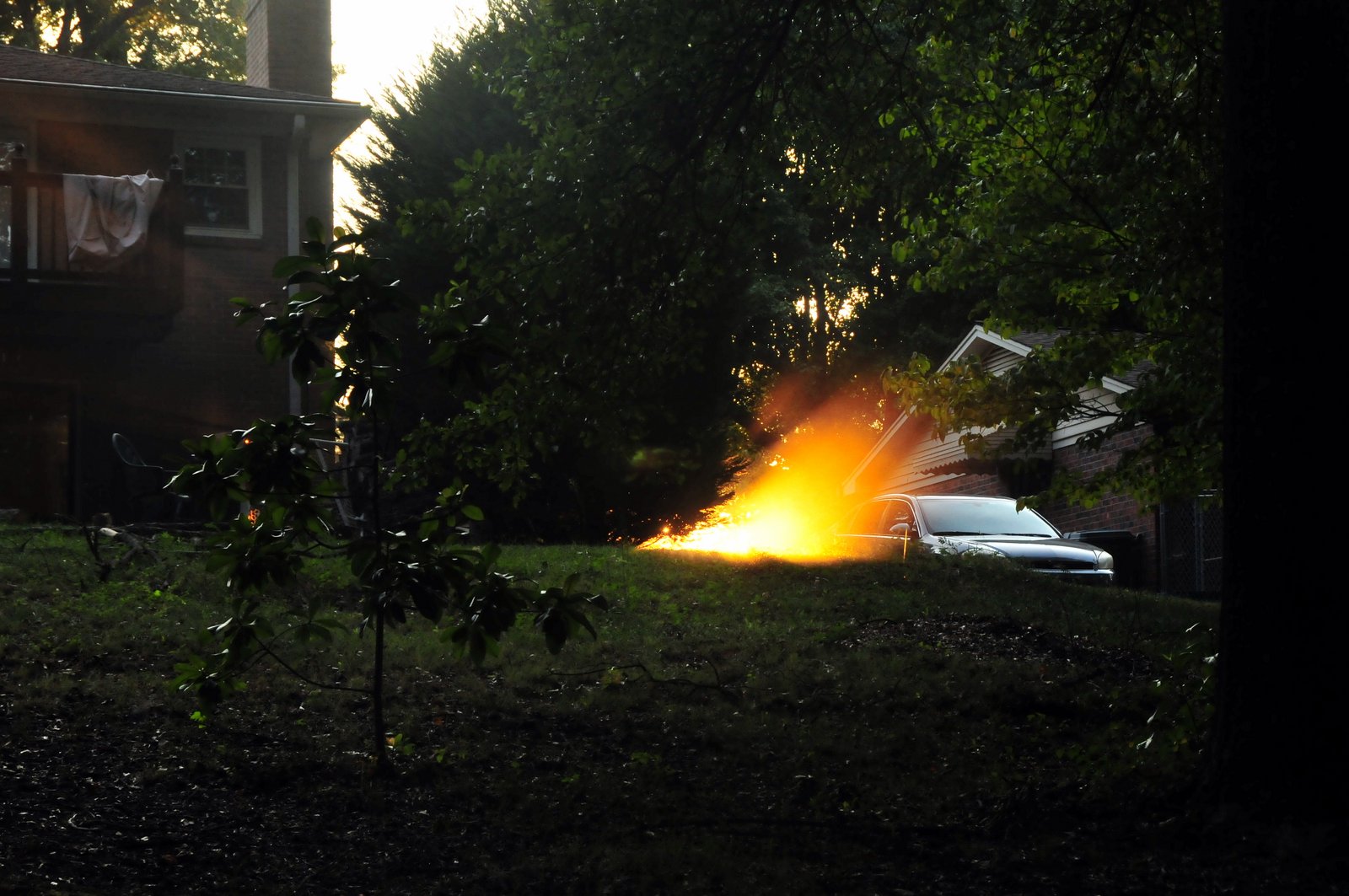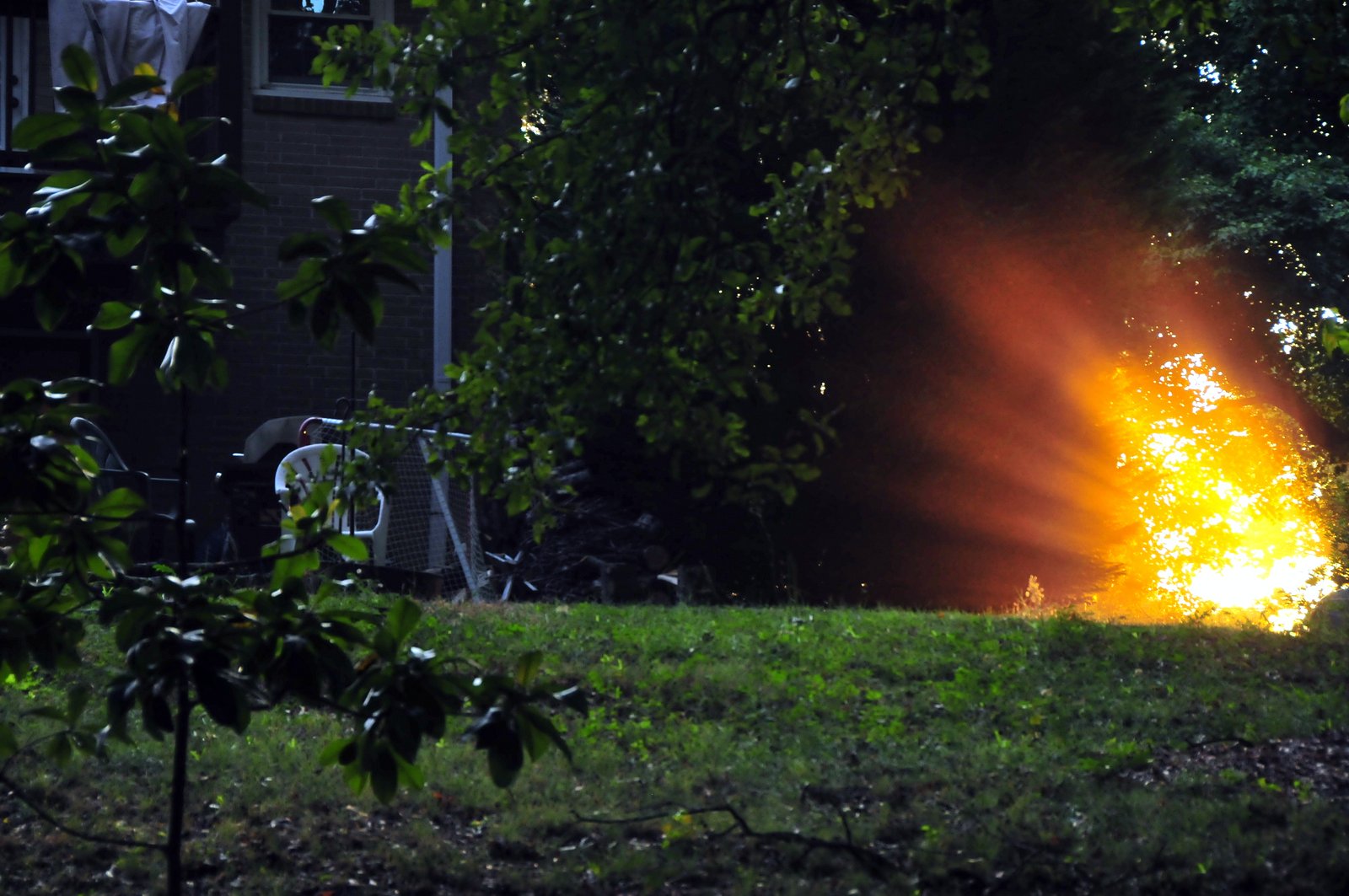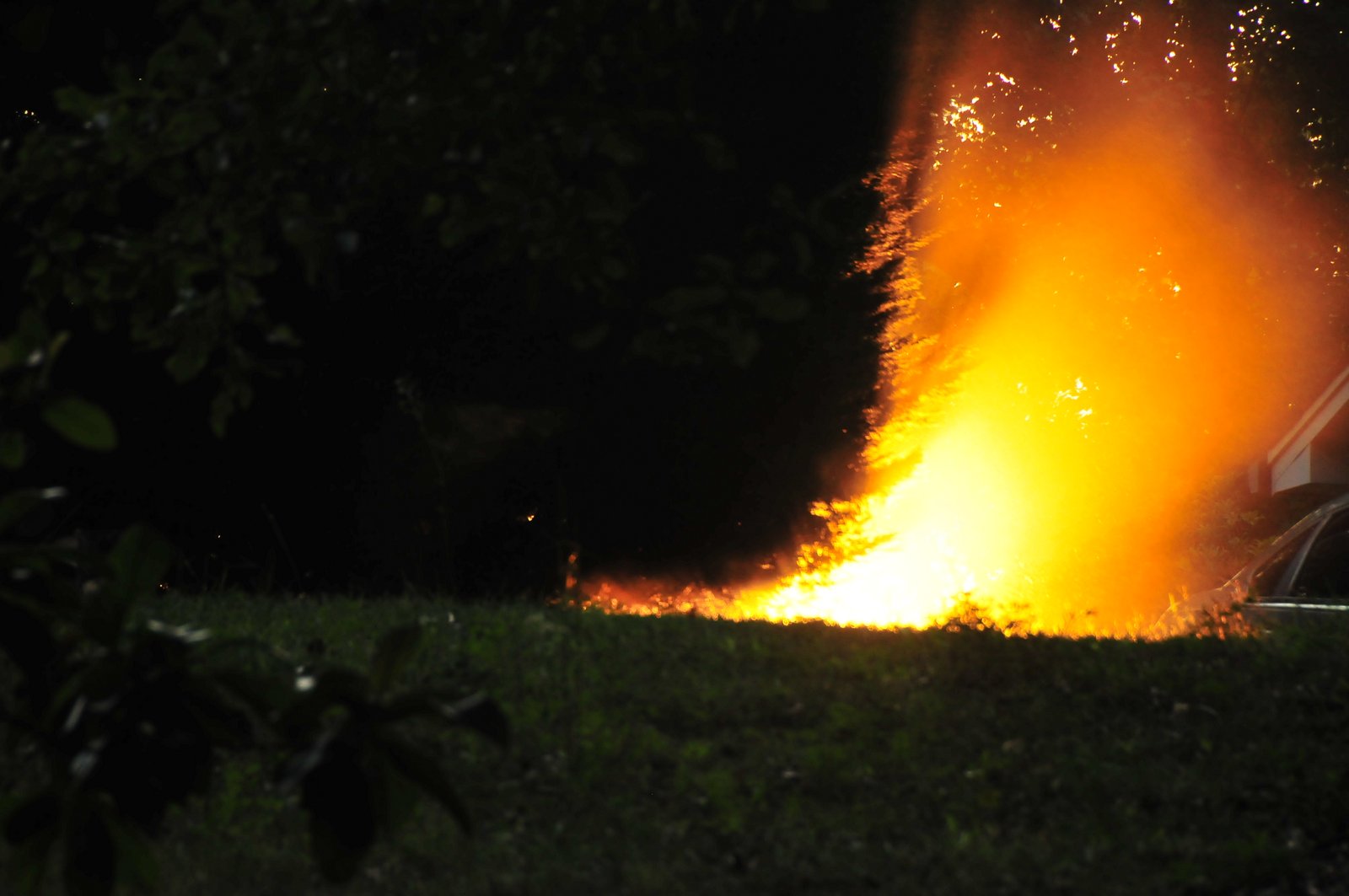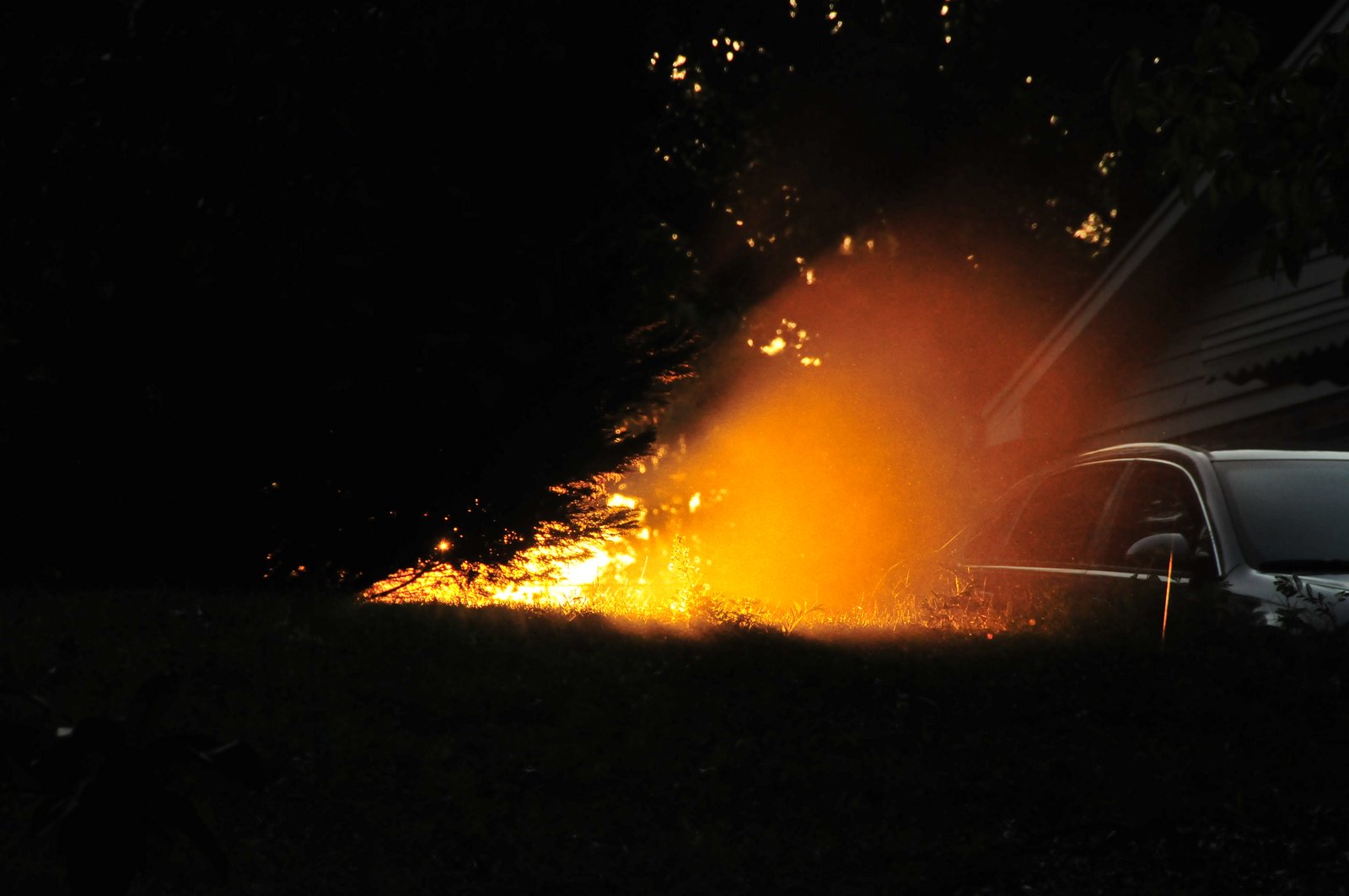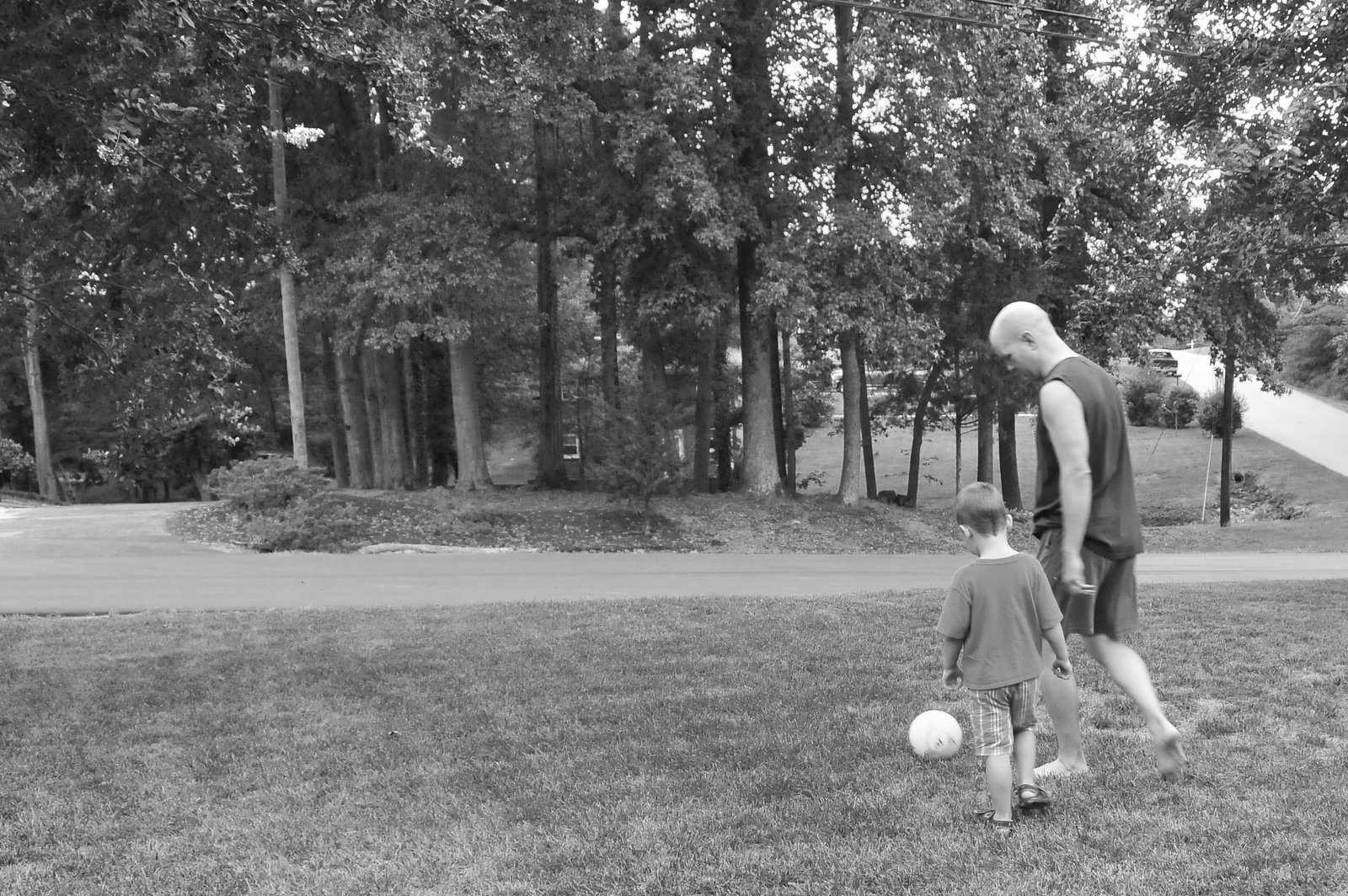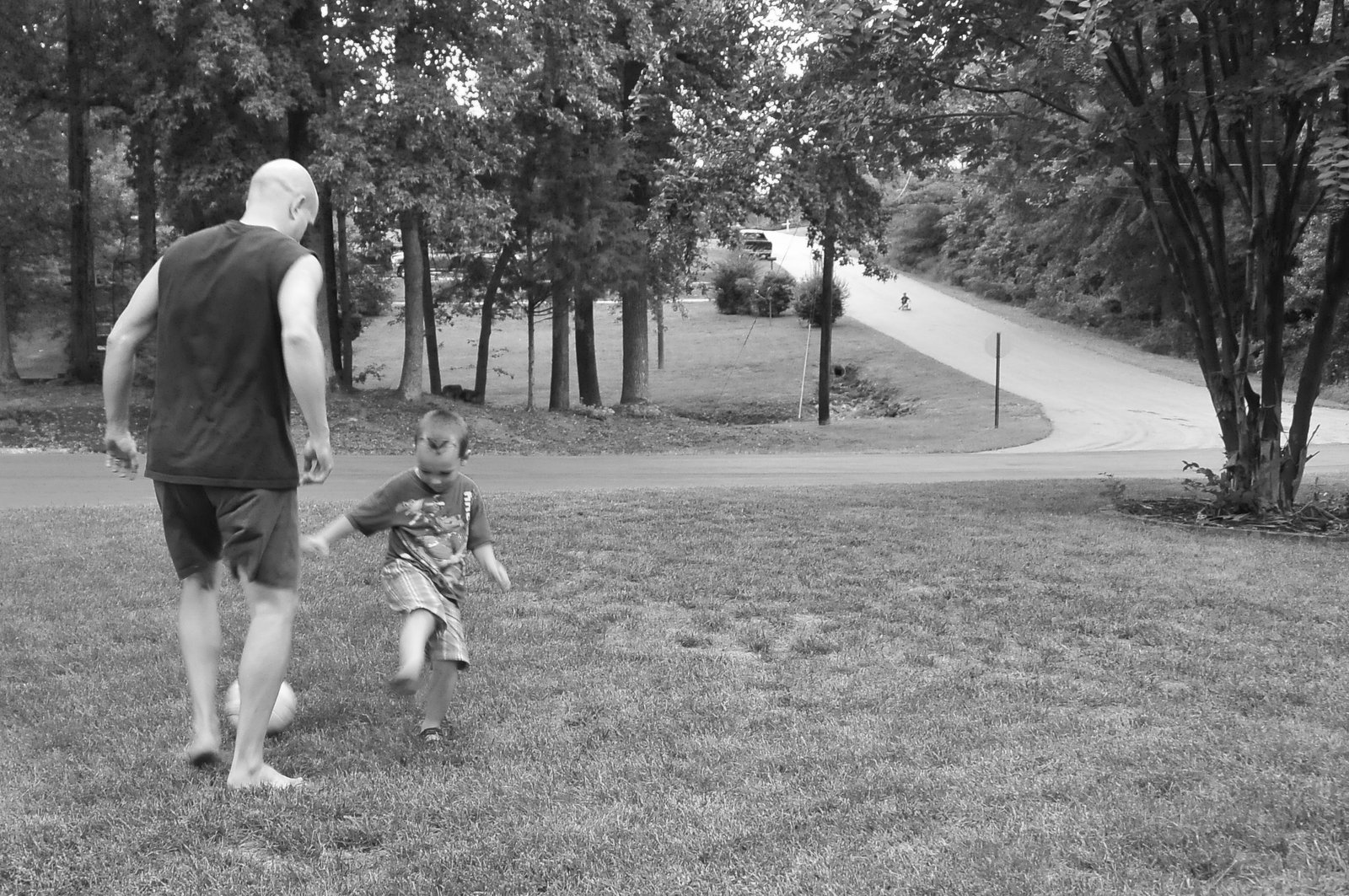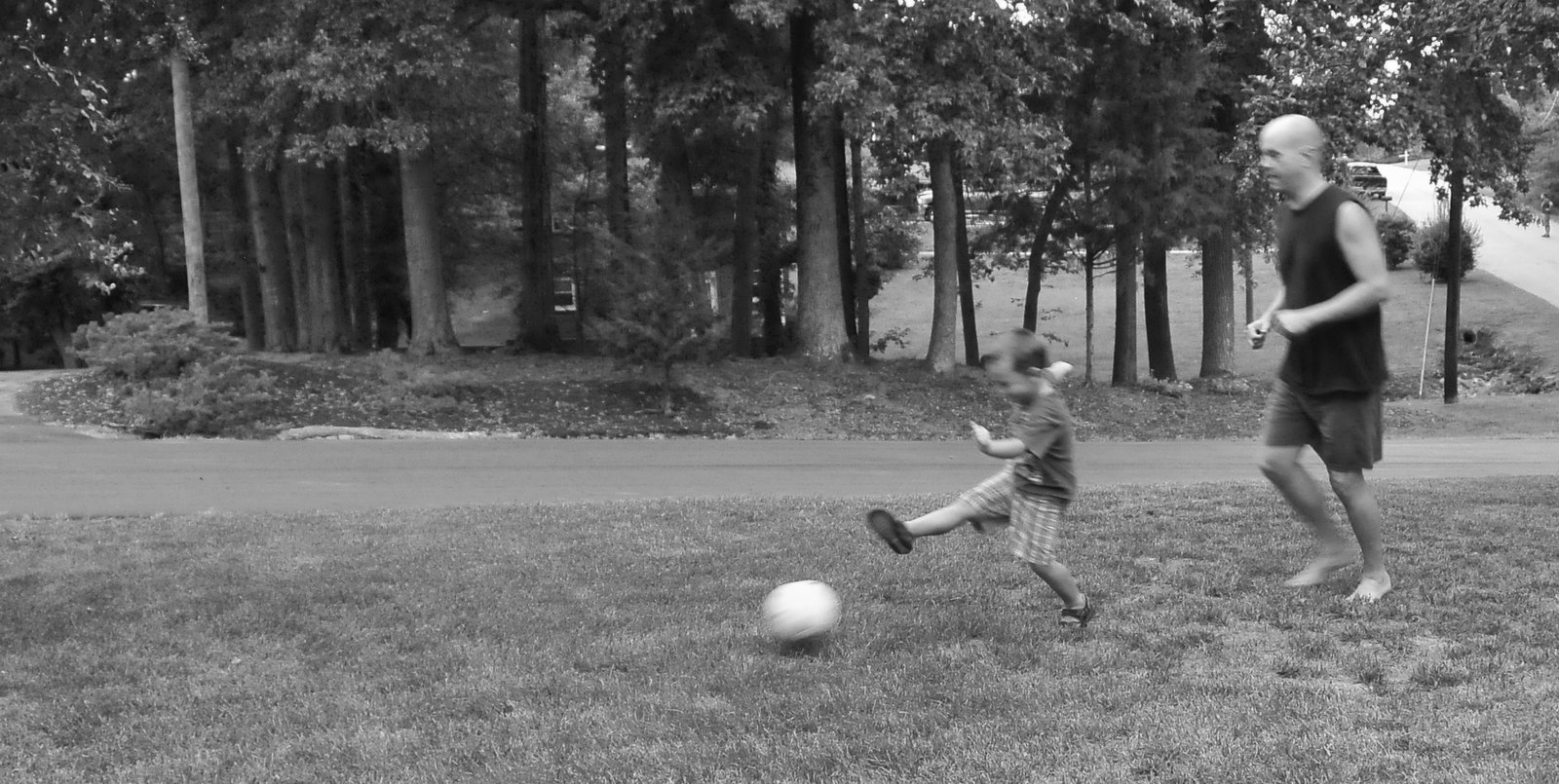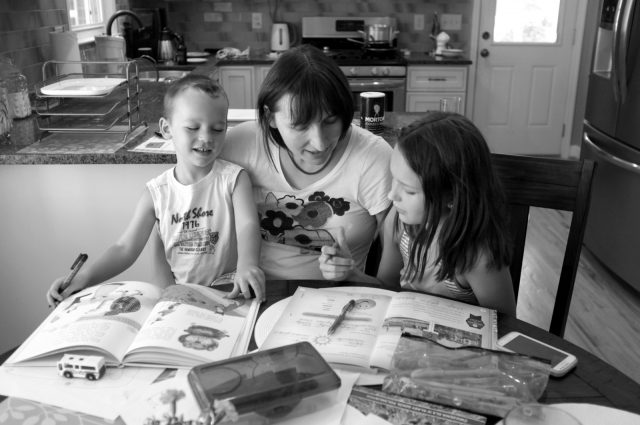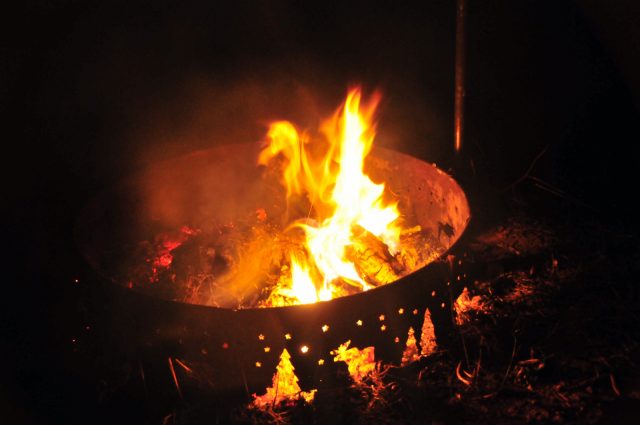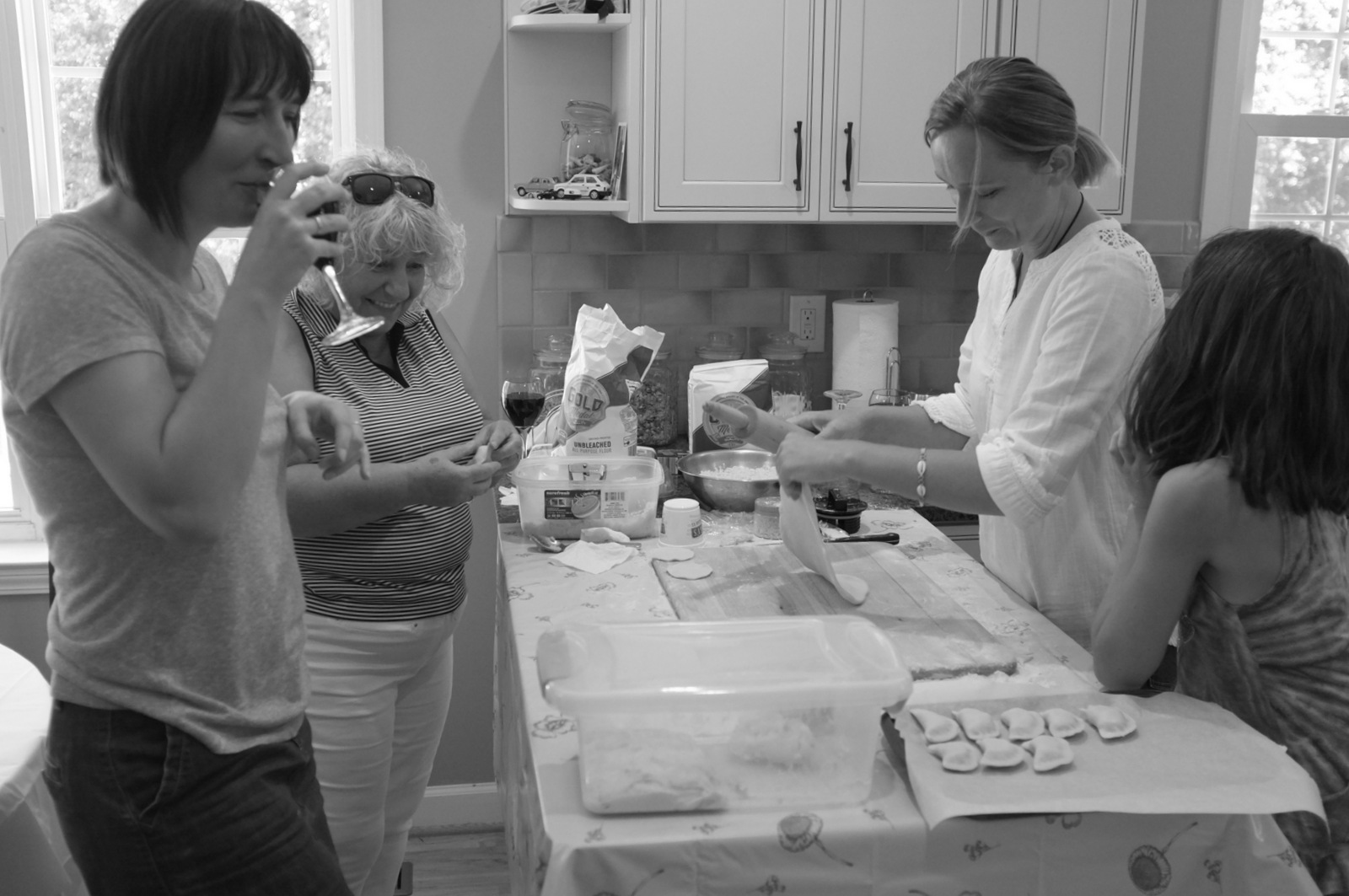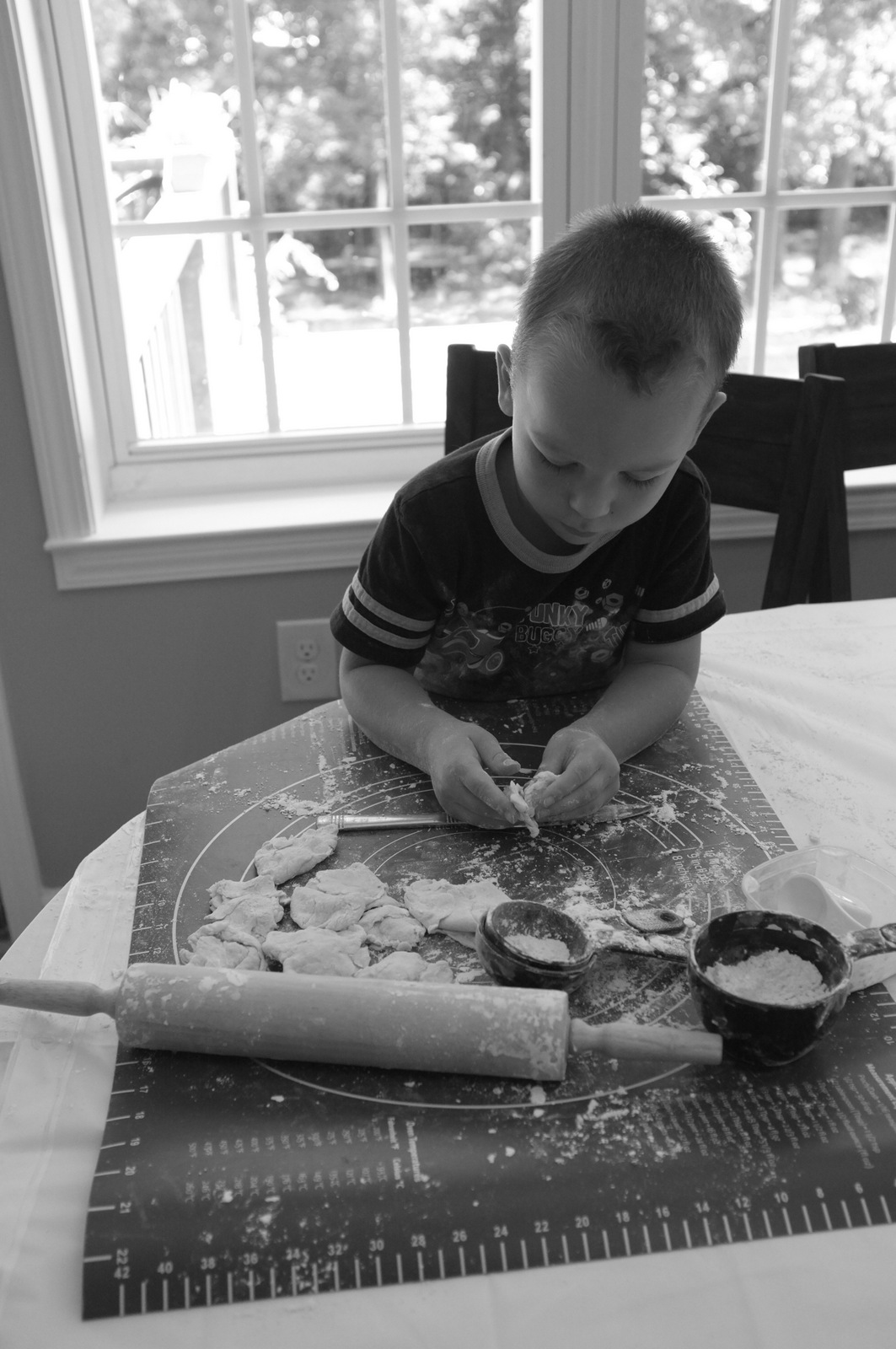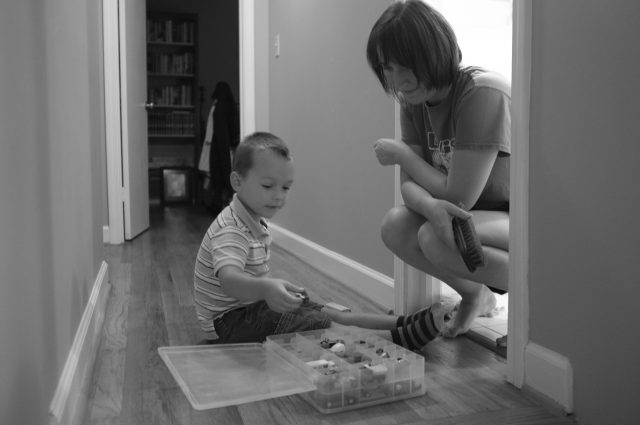The Boy is not an overly aggressive little fellow. He likes to play by the rules. At preschool, he got upset last year when other children took off their shoes because it was against fire code. I suppose the teacher mentioned that, and he just remembered it. So the idea of stealing the ball, of going into the herd of four-year-olds that chase the soccer ball around the field and do much of anything — that’s not his style.
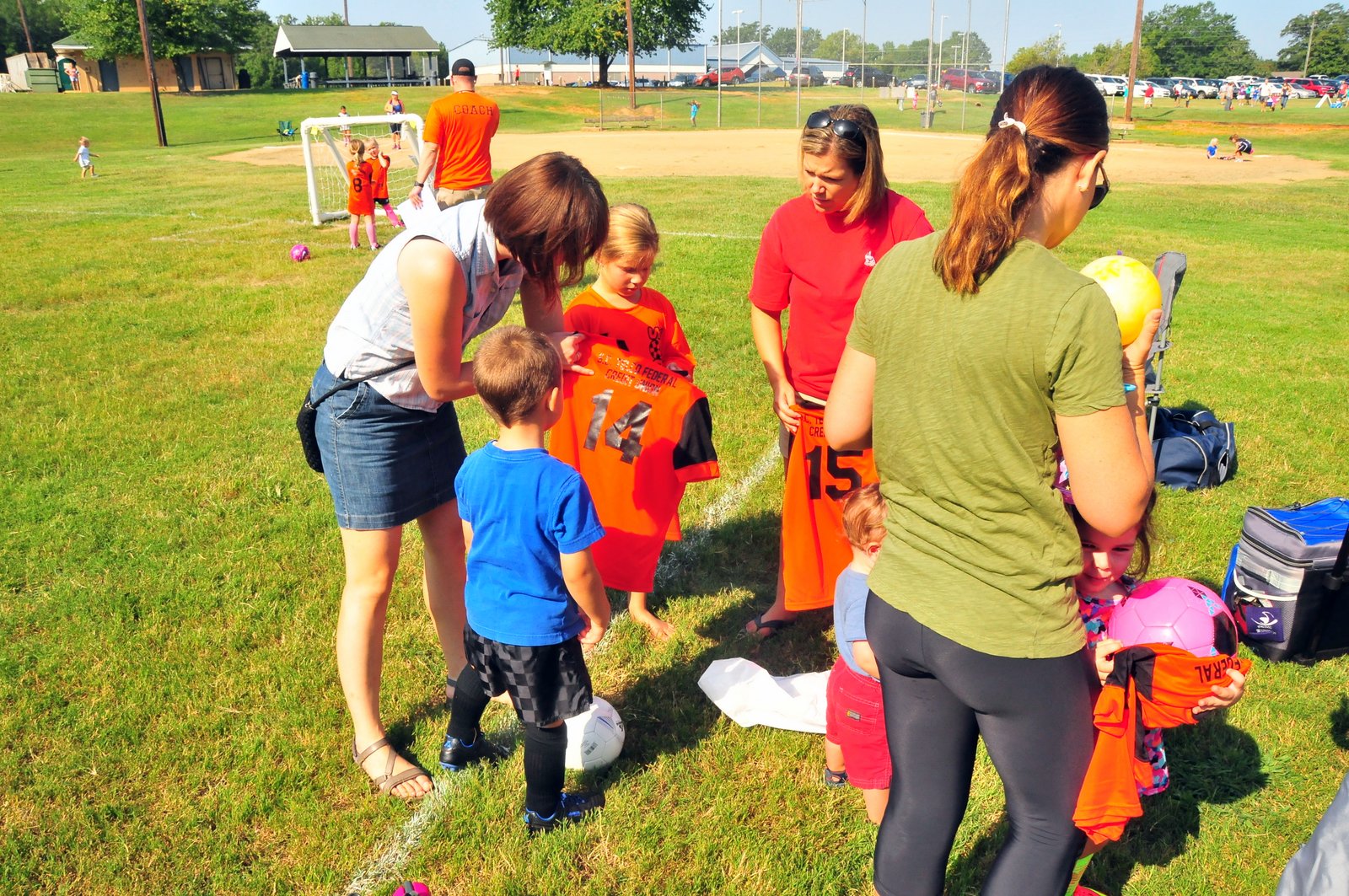
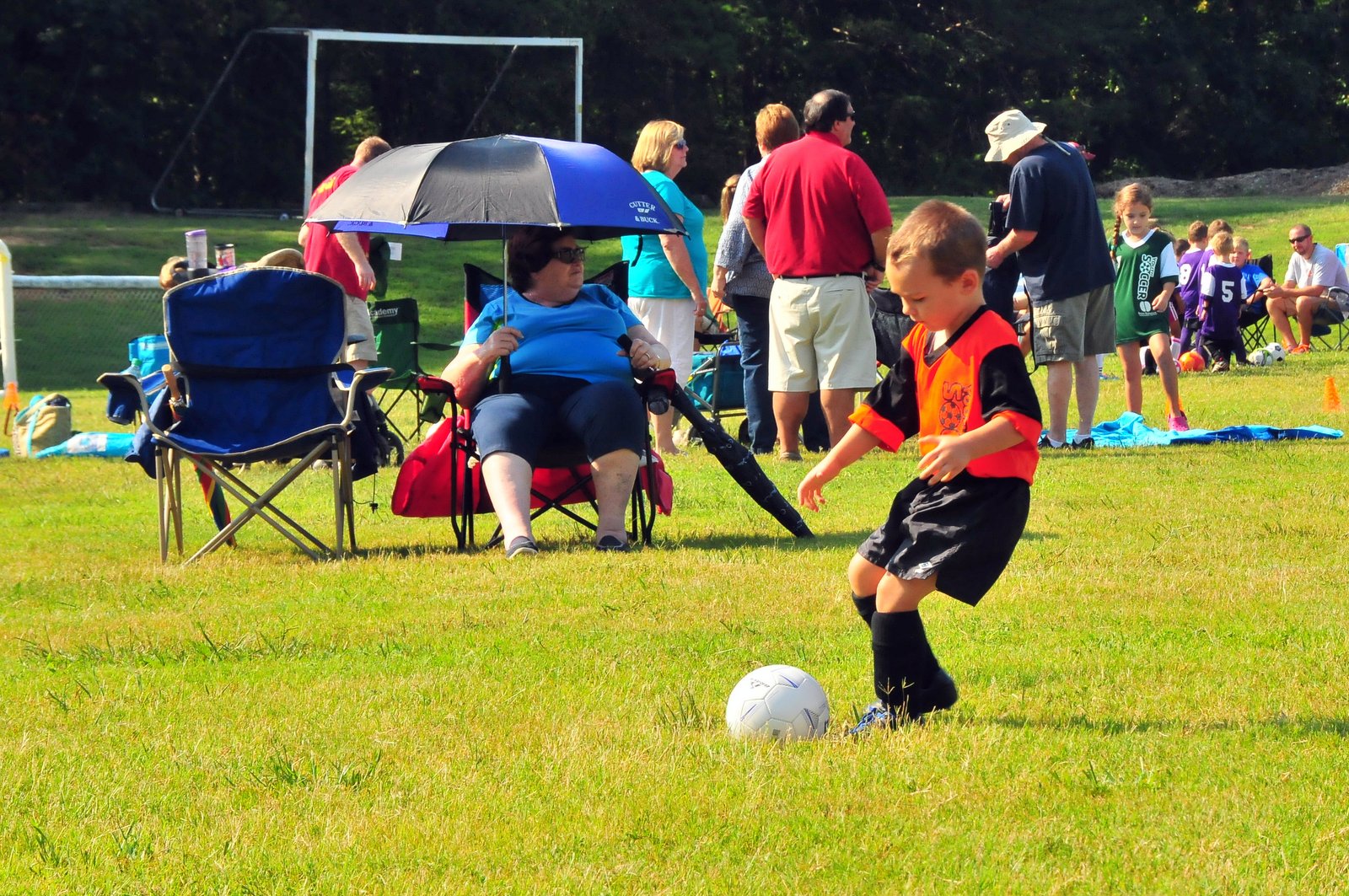
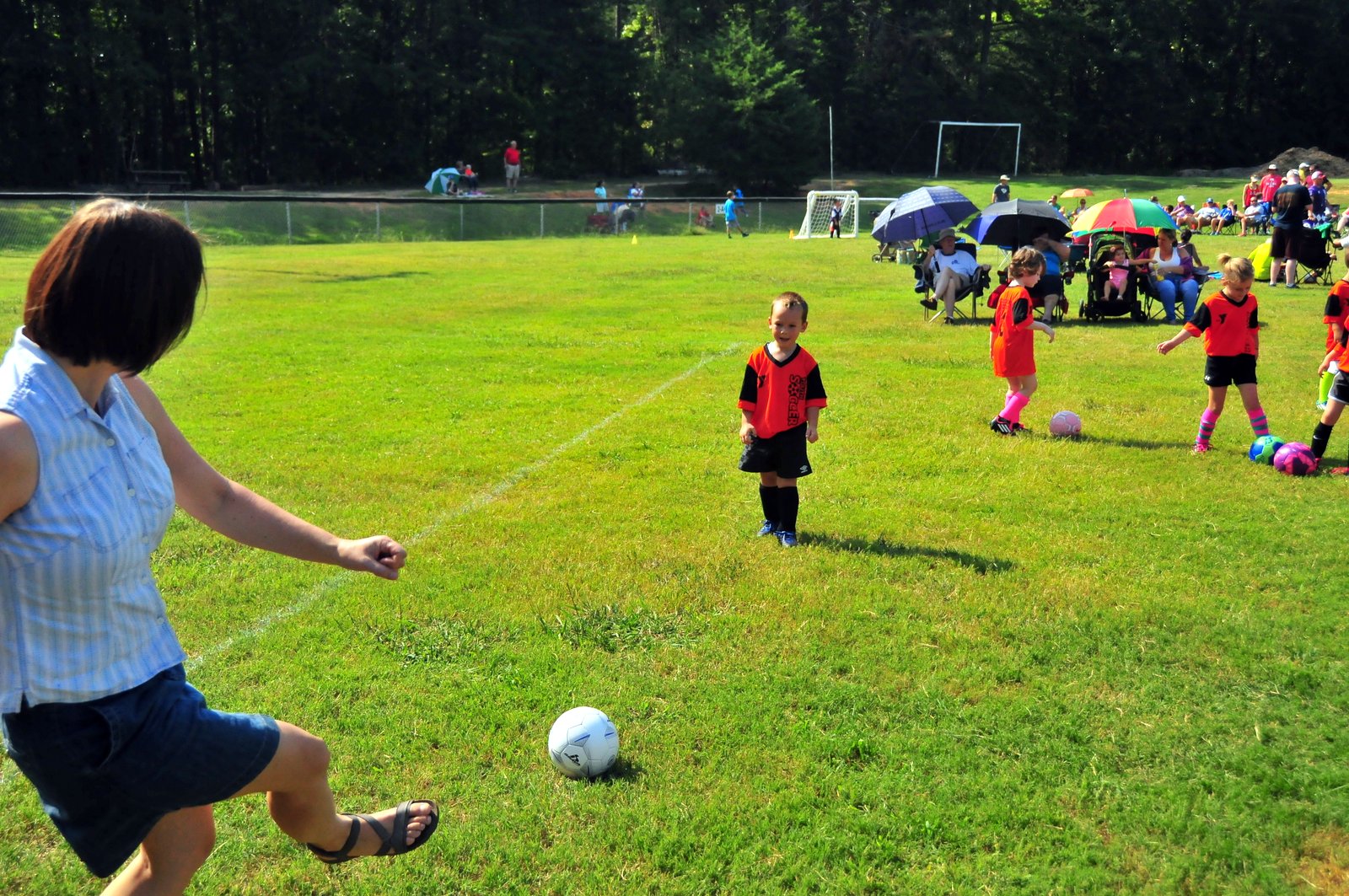
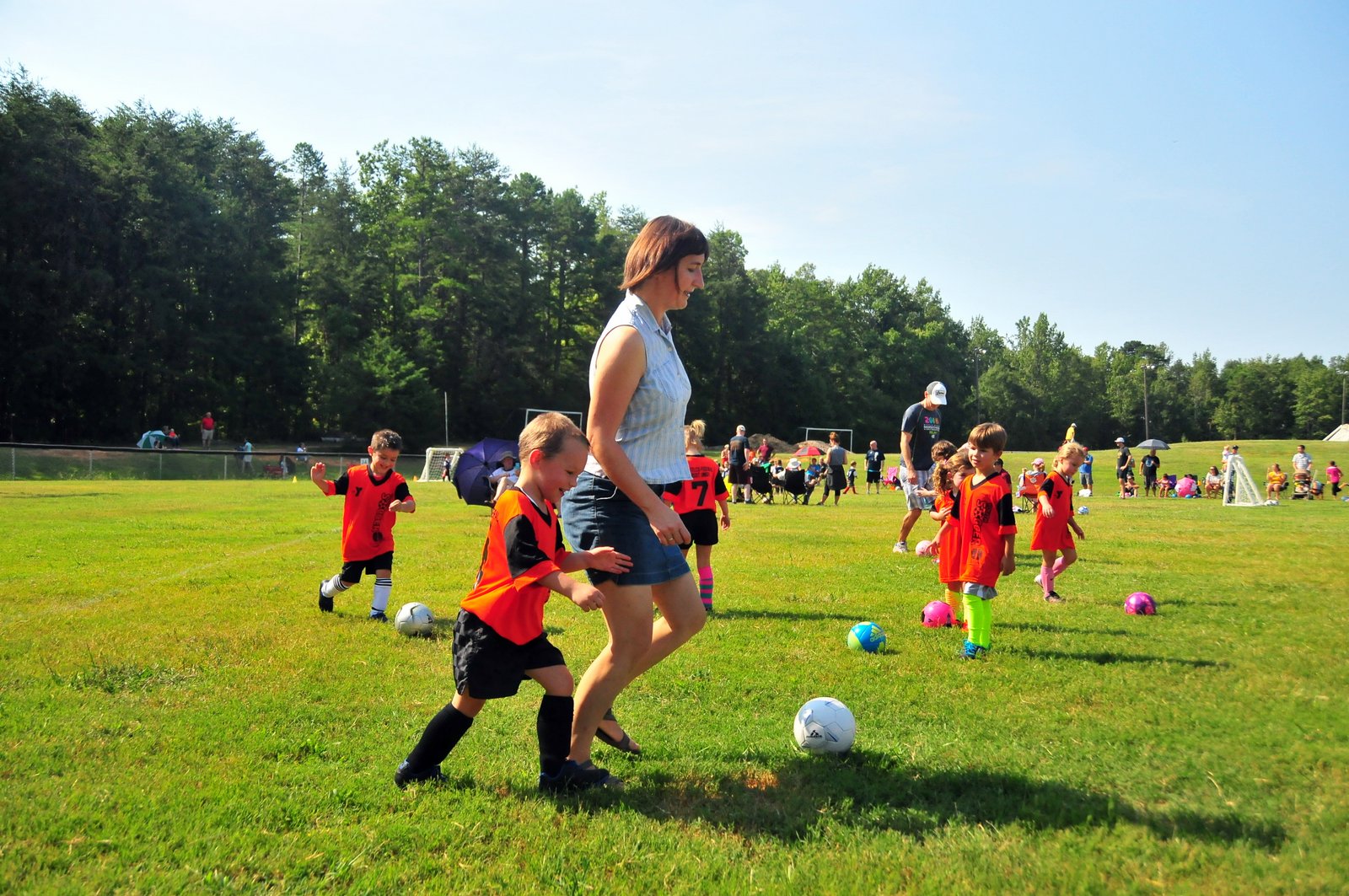
Much of the time he was in, the poor fellow was frustrated. He’d insisted on wearing an undershirt, and in the heat of the morning, it had become terribly uncomfortable. Then there was the fact that he didn’t quite even know what to do — I’ll take partial blame for that, as we really didn’t do much more this week than practice taking the ball from each other in an effort to overcome the inevitable timidness that all four-year-olds face when playing soccer.
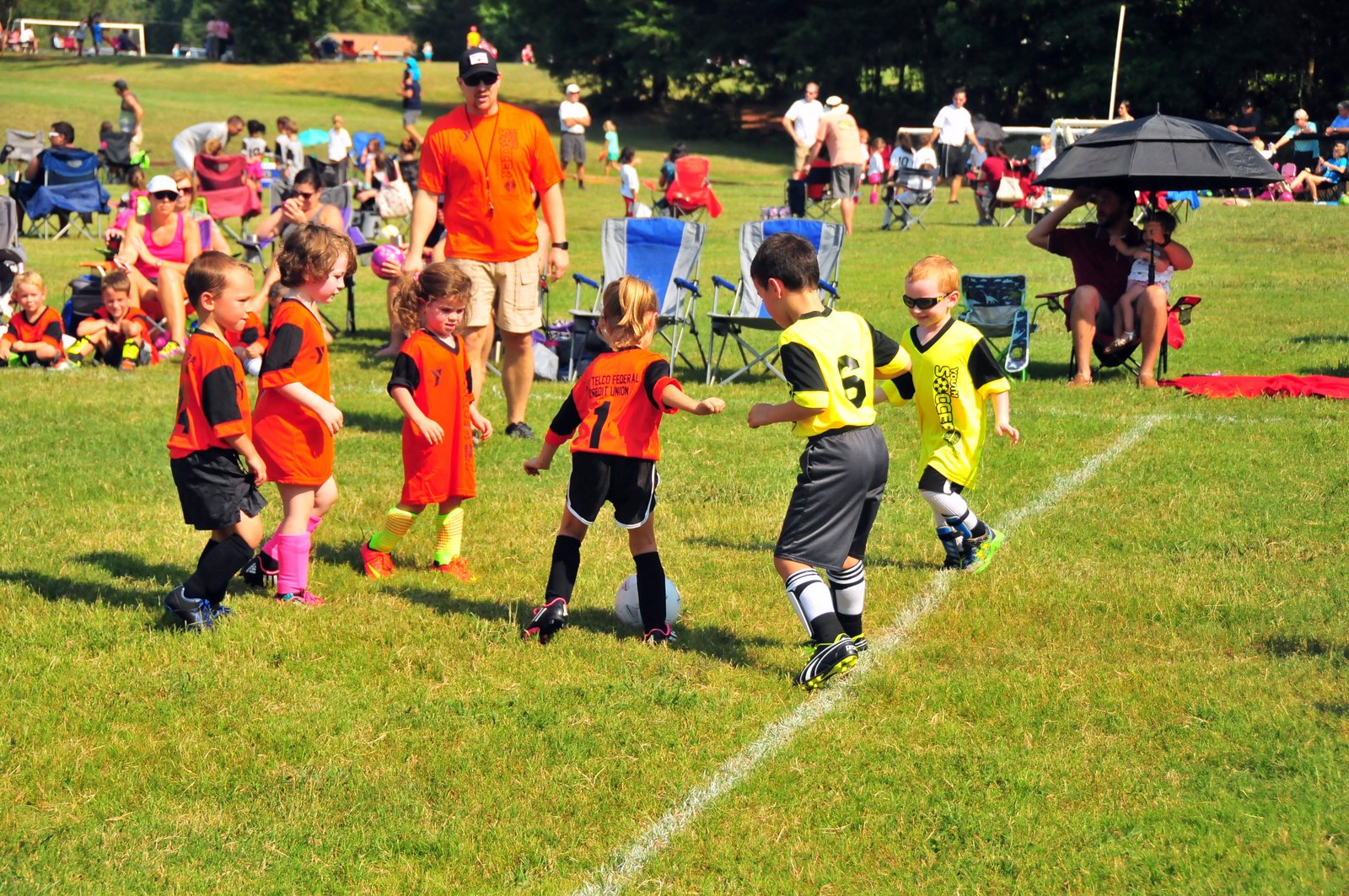
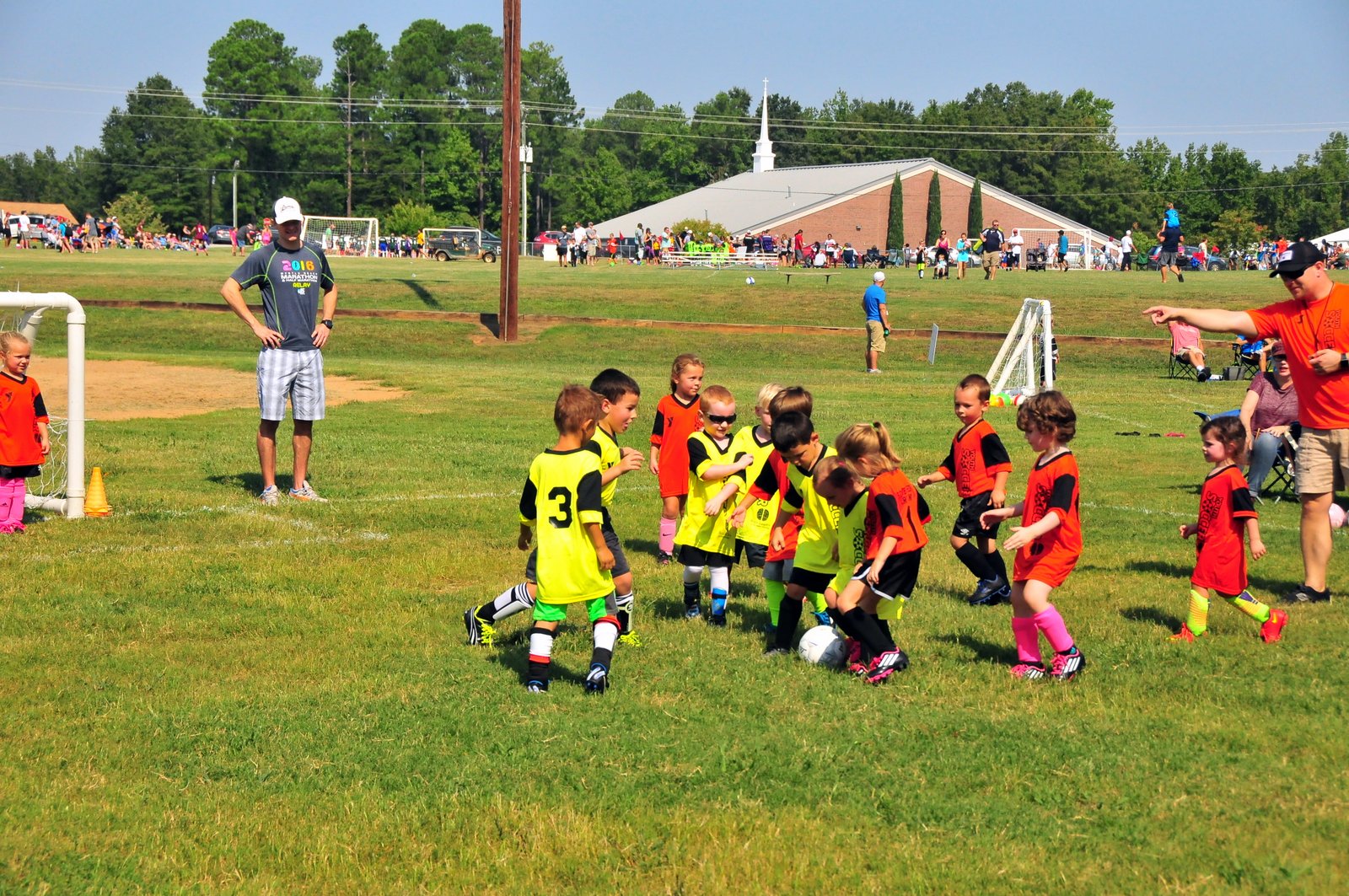
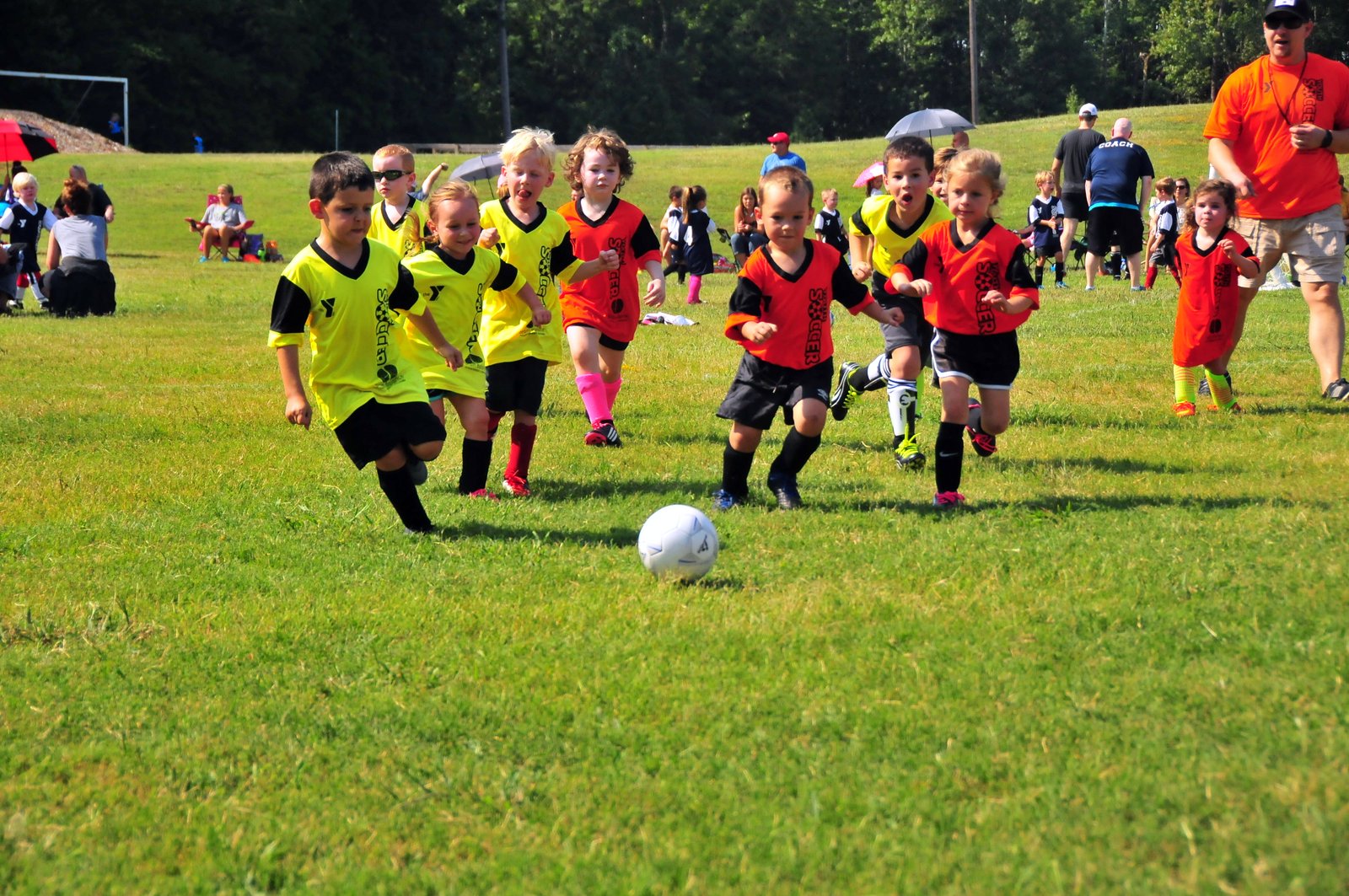
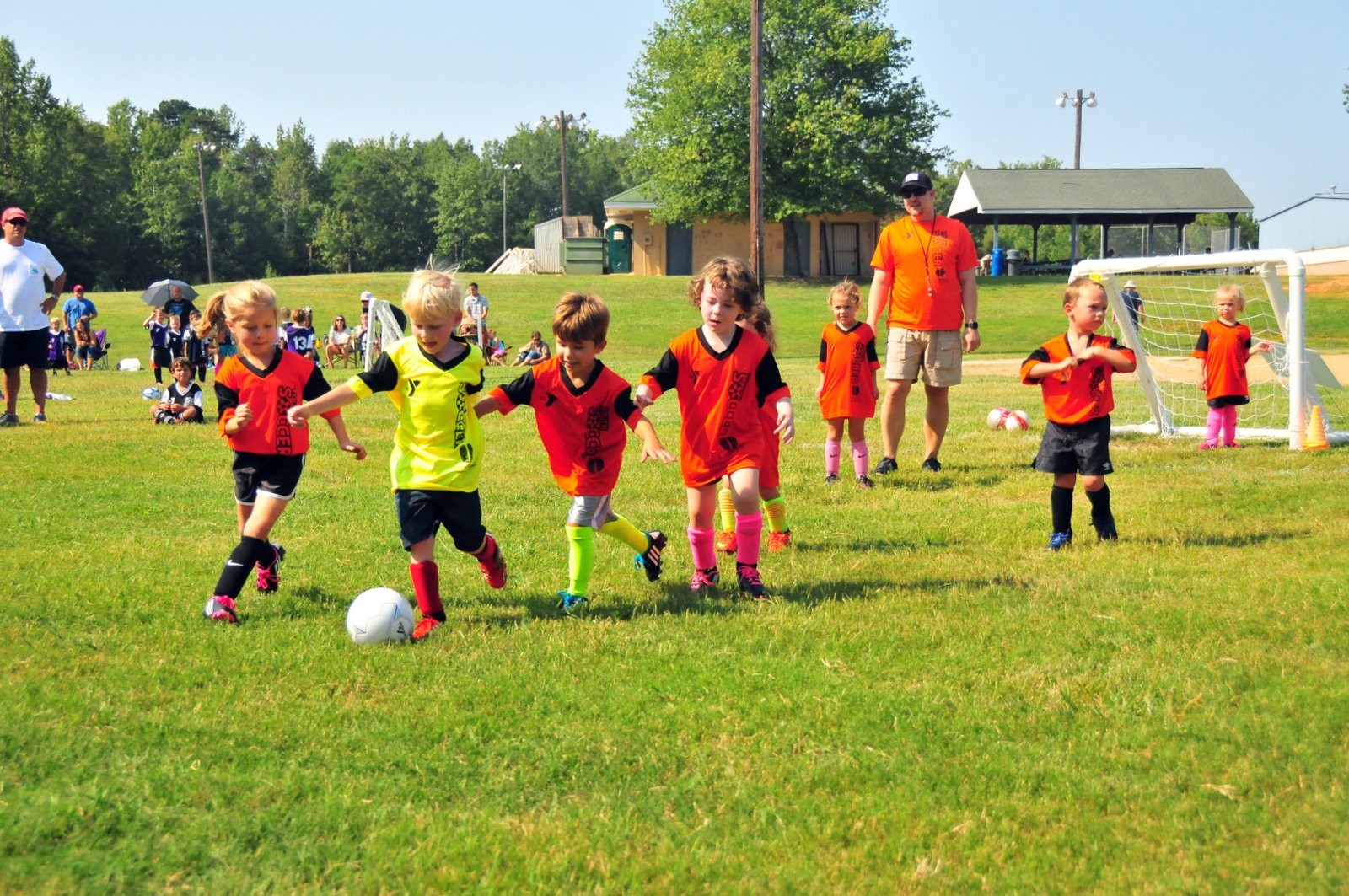
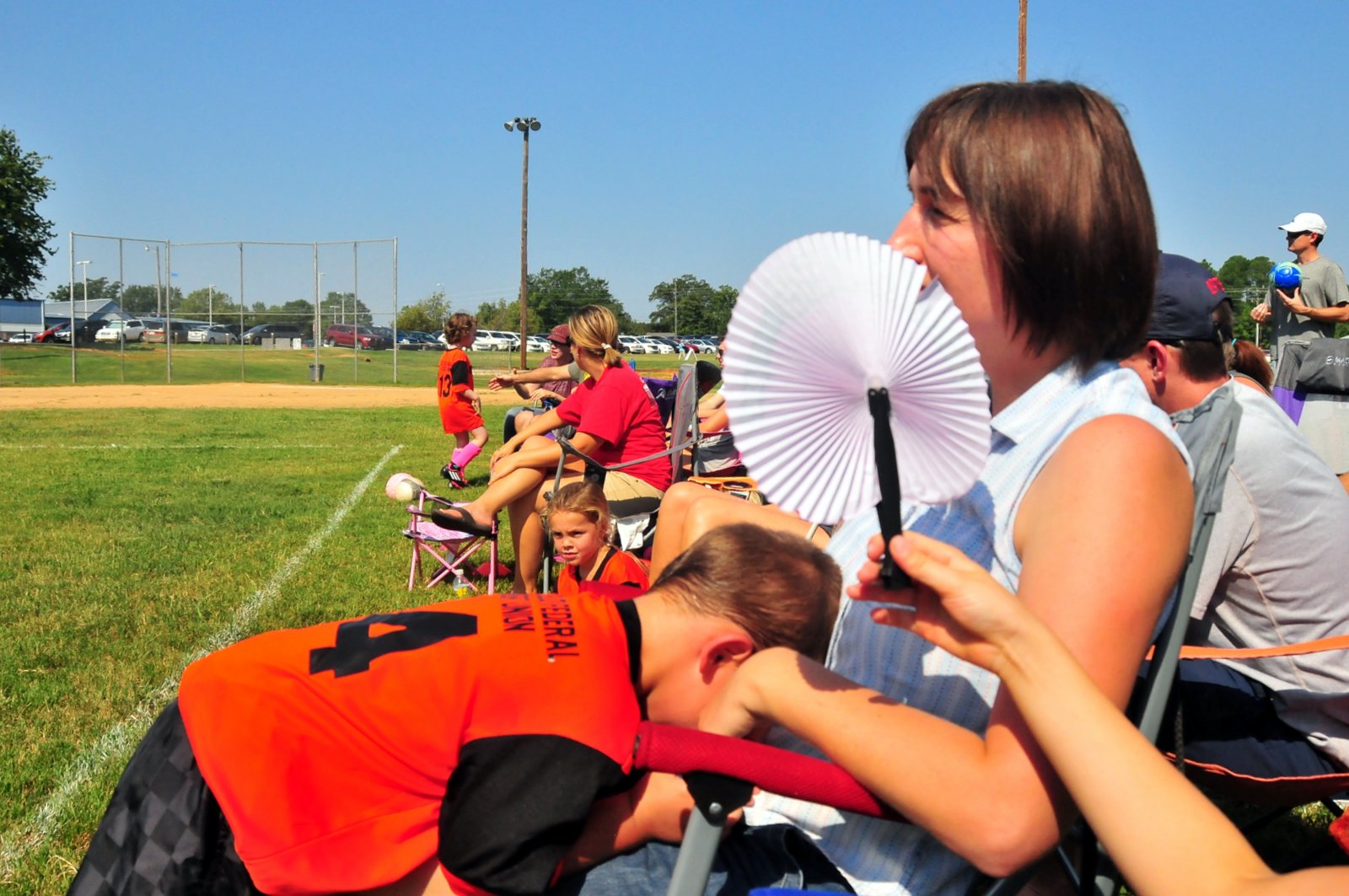
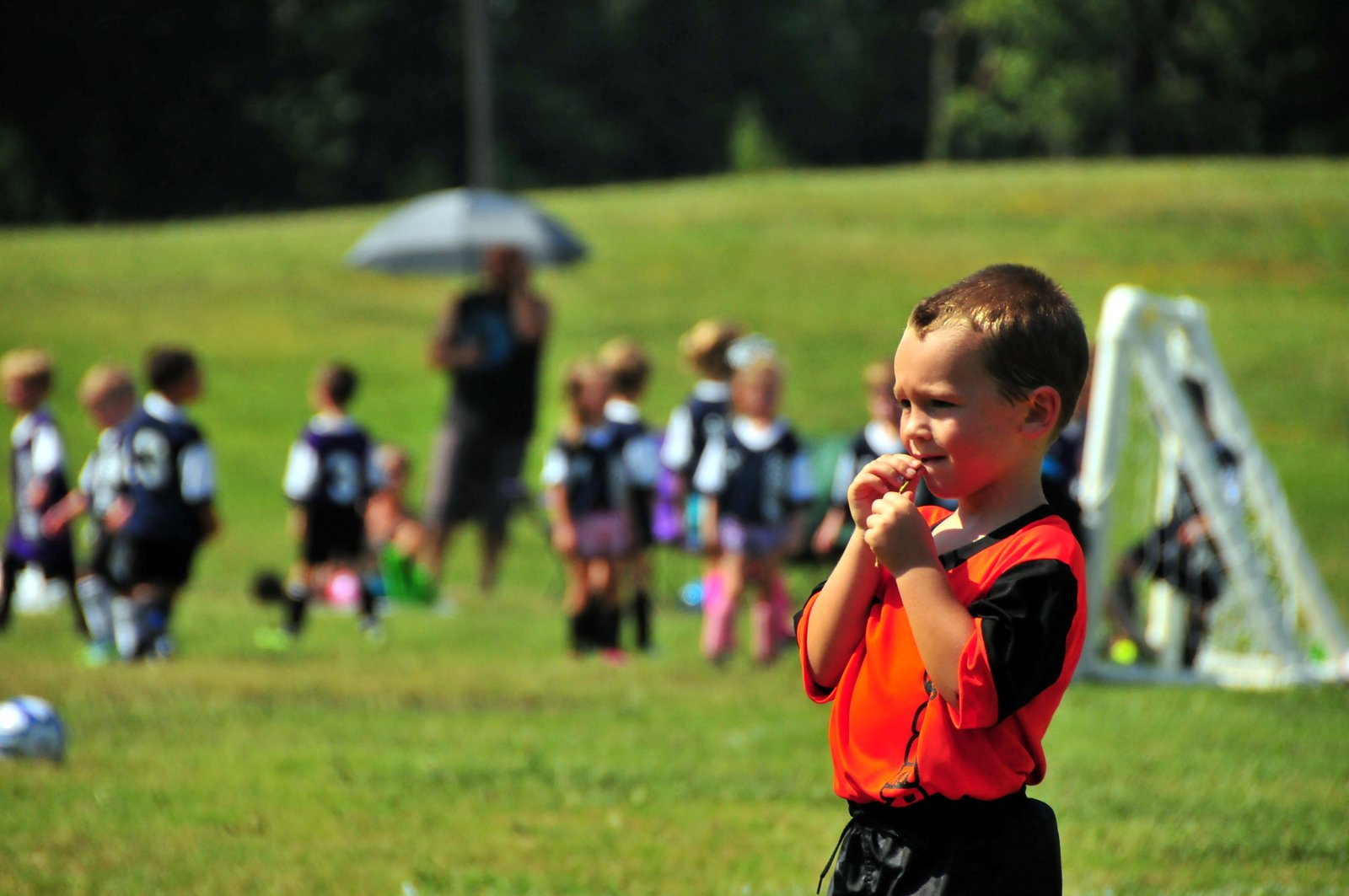
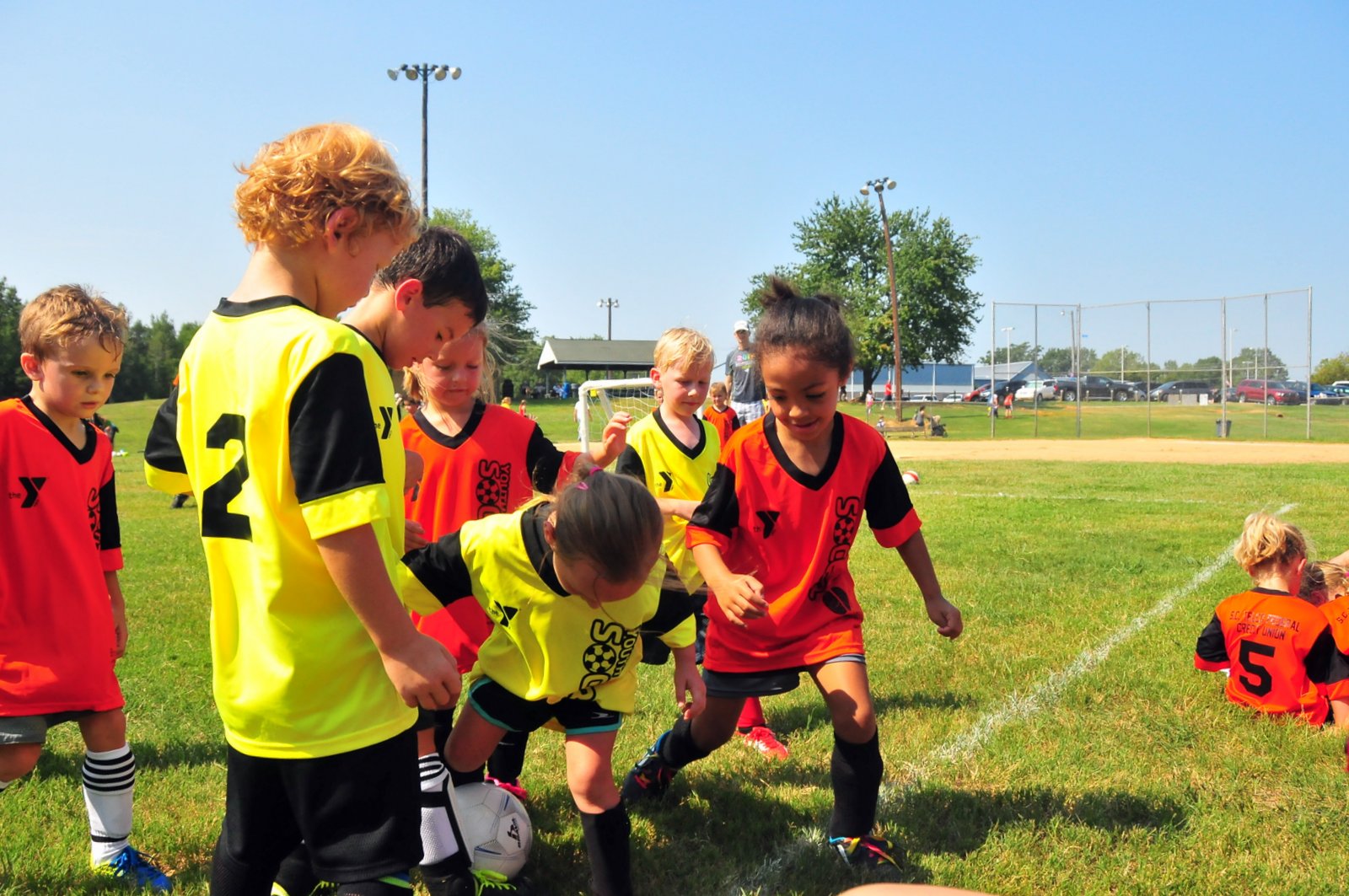
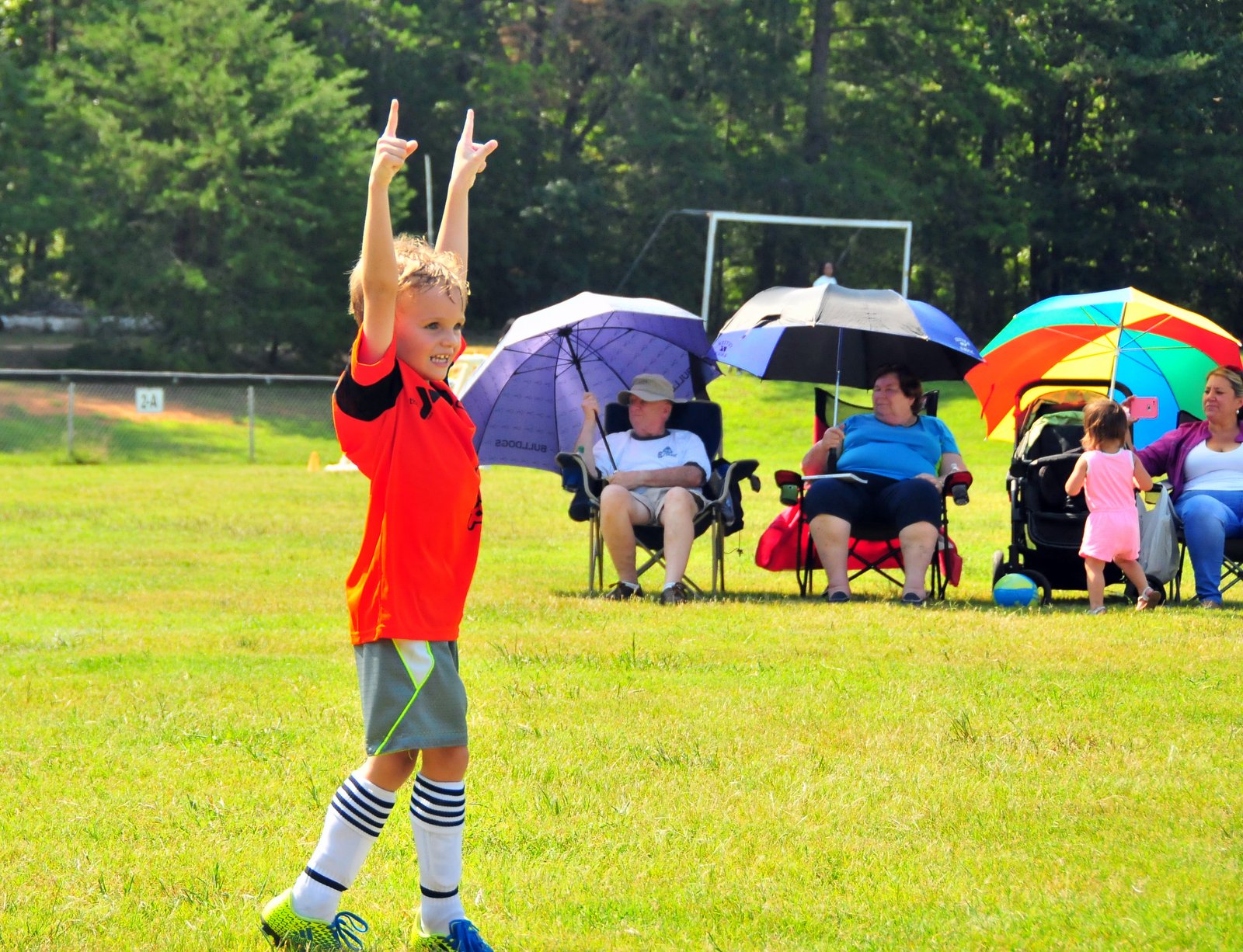
The real heartbreak occurred when, in an effort to defend, after he’d gotten his fortitude up and was engaging with the other players, he accidentally defended the ball right into his team’s goal. I’ve mixed feelings about games with four-year-olds counting self-goals. On the one hand, it’s the game. Learn the game at a young age. On the other hand, it was my son. Naturally, no one said anything, and I’m not even sure his own teammates realized what happened. And fortunately, a young man on E’s team was a real master (for four-year-olds) and scored two goals to make the first game end in a tie.
After the game, though, everyone was tuckered out. Well, almost everyone.
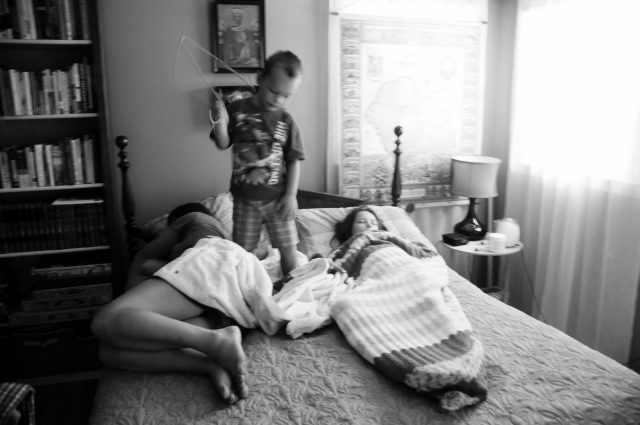
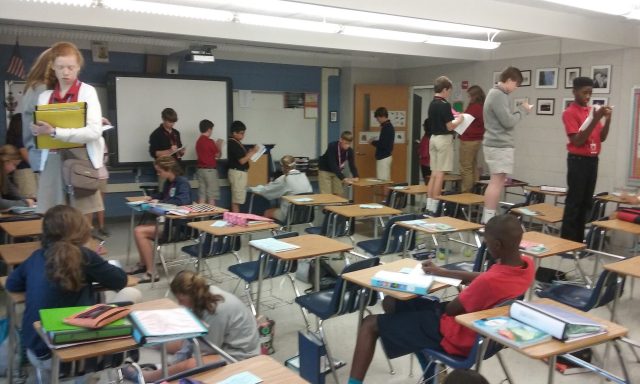

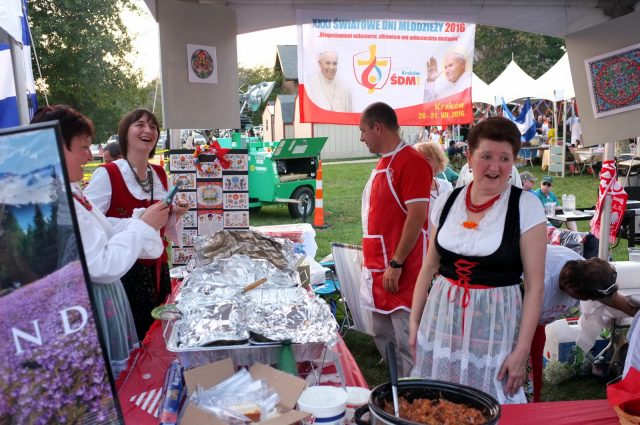
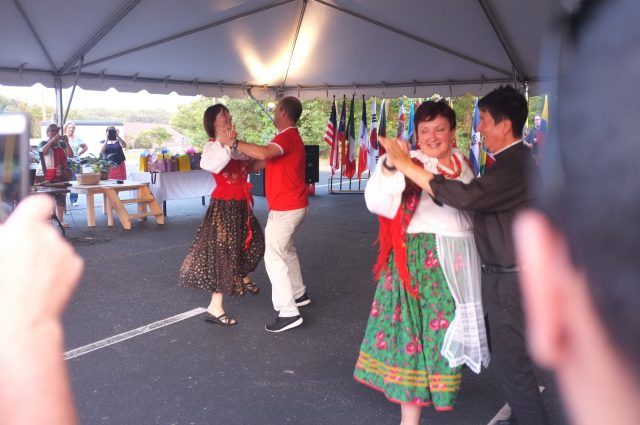
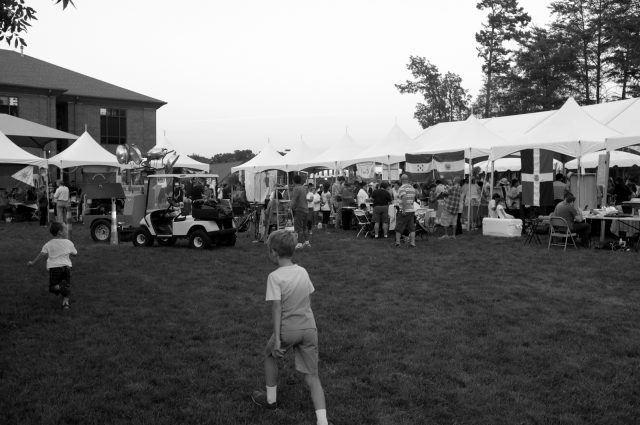
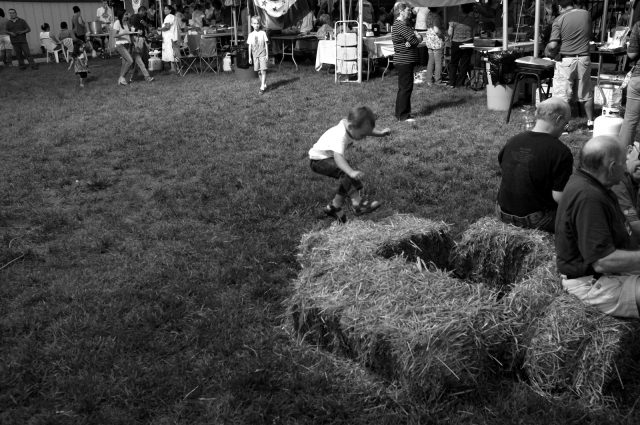
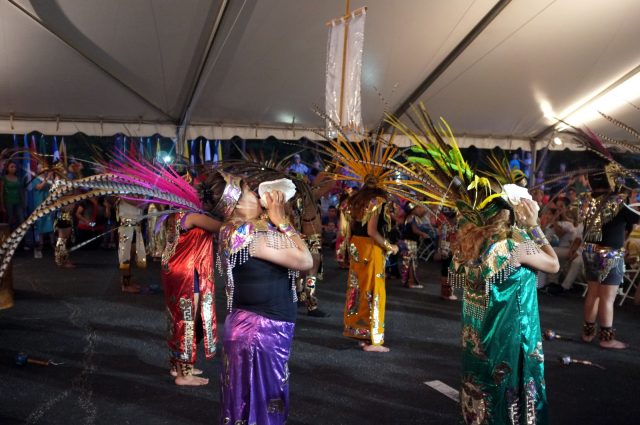
 I’ve begun reading Peter Berger’s A Rumor of Angels, probably for the third or fourth time. I haven’t read it in at least twelve years or so, probably longer. When I first read Berger, it was an excerpt in a philosophy of religion anthology, a portion of his Rumor of Angels that absolutely enthralled me. This would have been in 1997 or 1998, when I was chest-deep in my first Polish adventure and just coming to the conclusion that I wanted to do graduate studies in philosophy of religion.
I’ve begun reading Peter Berger’s A Rumor of Angels, probably for the third or fourth time. I haven’t read it in at least twelve years or so, probably longer. When I first read Berger, it was an excerpt in a philosophy of religion anthology, a portion of his Rumor of Angels that absolutely enthralled me. This would have been in 1997 or 1998, when I was chest-deep in my first Polish adventure and just coming to the conclusion that I wanted to do graduate studies in philosophy of religion.

